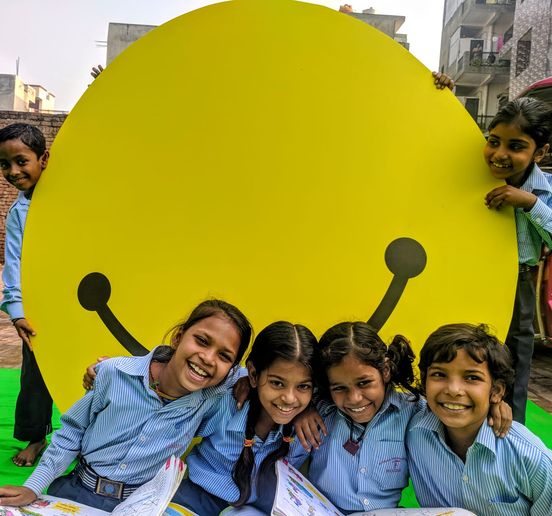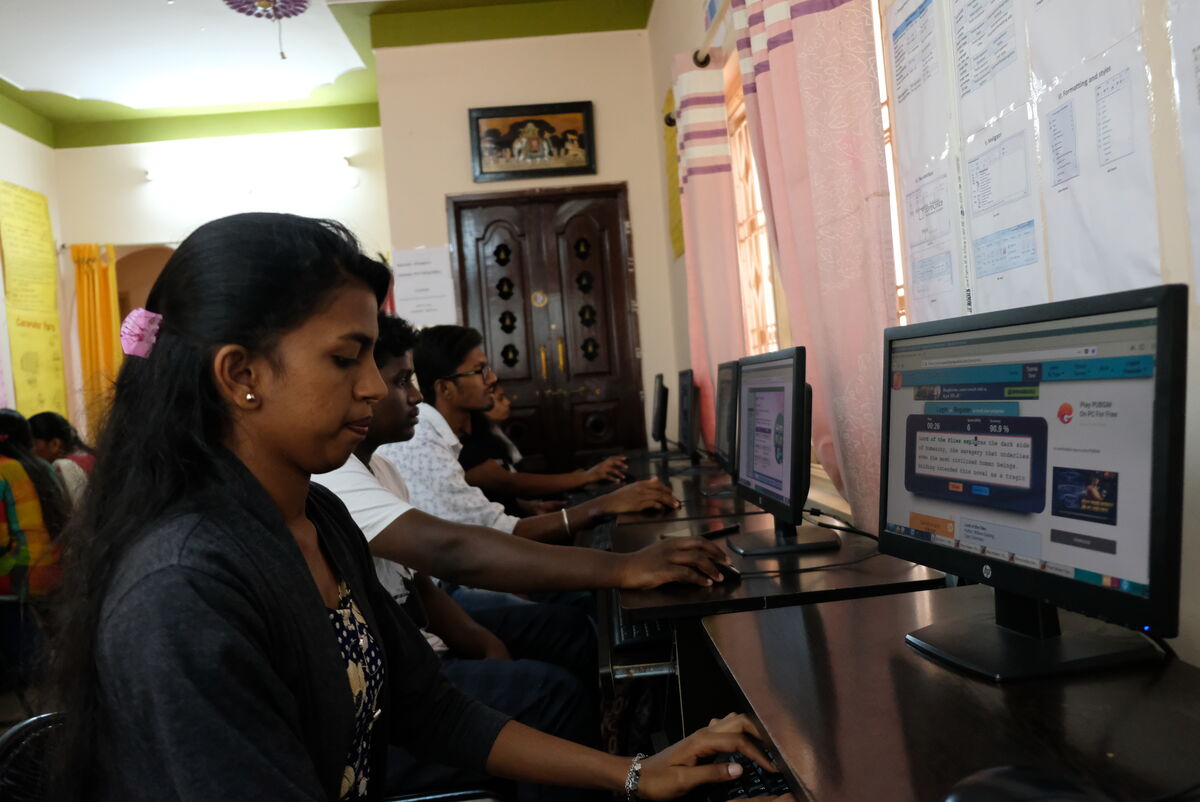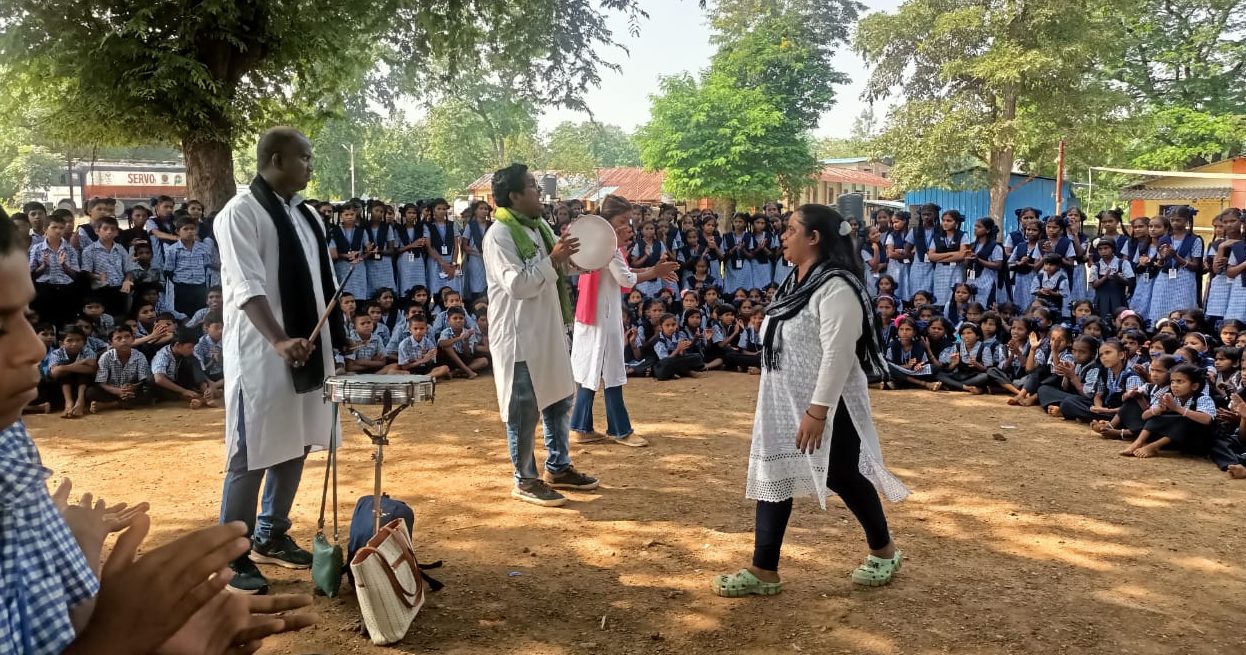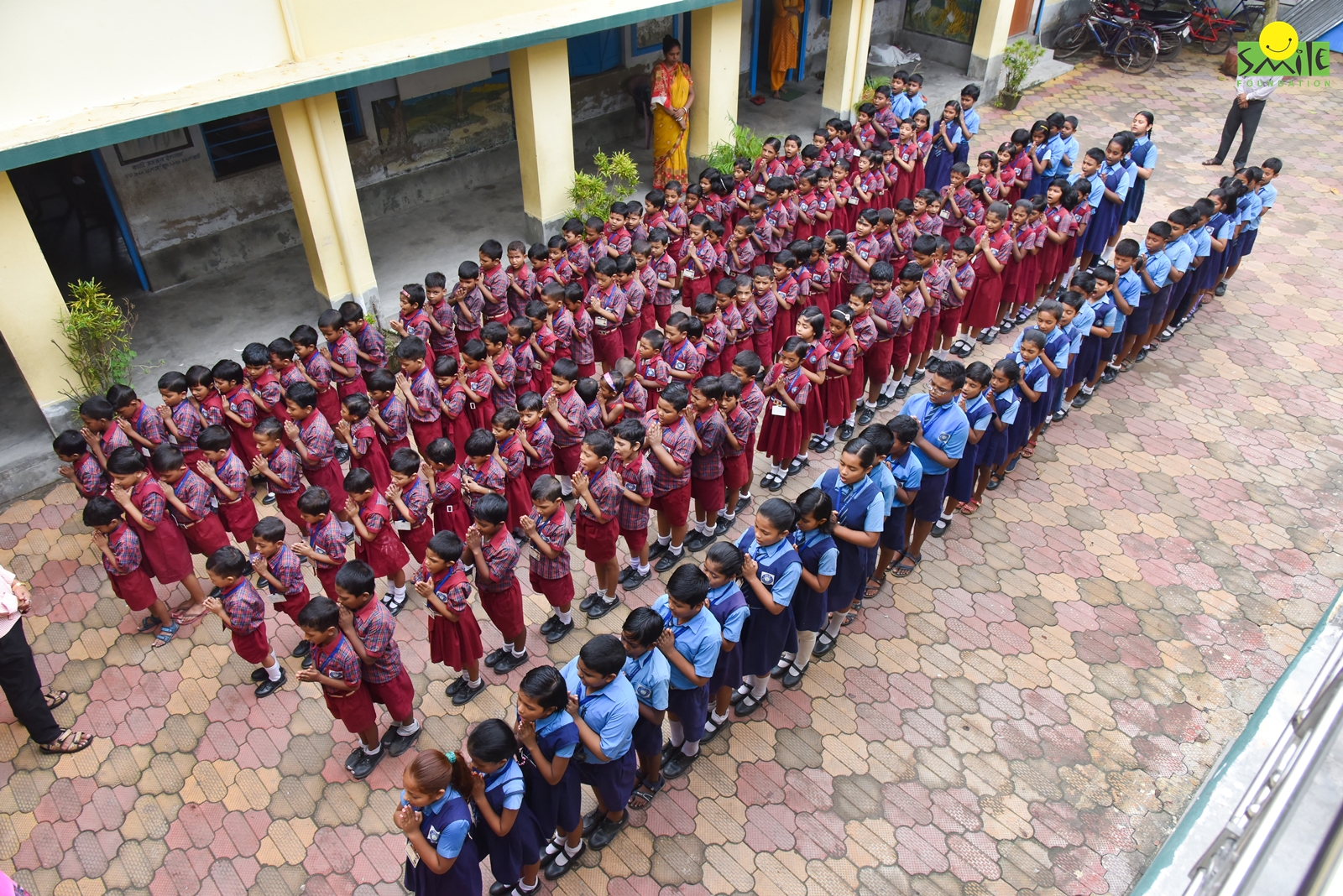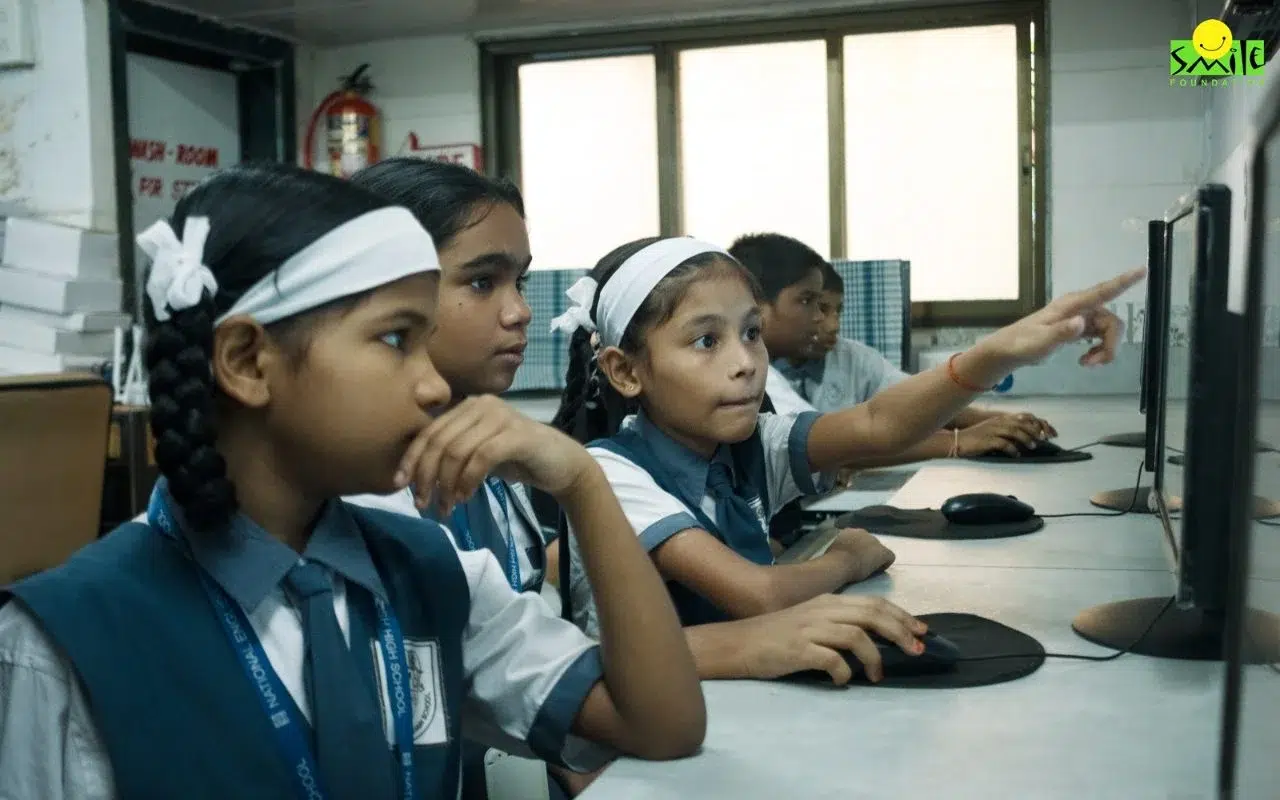Foundational Literacy and Numeracy (FLN) are the cornerstones of effective education, serving as the bedrock upon which all further learning is built. Without a strong grasp of these basic skills, students struggle to keep up, leading to flat learning curves and, in many cases, dropping out of school.
As noted by renowned Indian American mathematician Manjul Bhargava, “Once students fall behind on foundational skills, they tend to maintain flat learning curves for years, perpetually unable to catch up.” This learning crisis is particularly acute in countries like India, where despite high enrollment rates, a significant proportion of students lack basic literacy and numeracy skills.
Over the years, FLN has been recognised as a critical educational goal globally. Various organisations and policies have attempted to define and standardise FLN, focusing on skills such as letter and word recognition, reading comprehension, writing and basic mathematical operations. In India, the National Education Policy 2020 and the NIPUN Bharat mission have provided a comprehensive framework for FLN, emphasising the importance of ensuring that all children acquire these essential skills by the end of Grade 3.
NEP 2020 and NIPUN Bharat: A Framework for Foundational Literacy and Numeracy
The NEP 2020 places a strong emphasis on foundational learning, acknowledging it as a prerequisite for achieving educational equity and quality. The policy sets an ambitious target of achieving universal foundational literacy and numeracy in primary school by 2025. To this end, NIPUN Bharat has been launched, aligning with NEP guidelines to focus on the first four foundational years, which include one year of preschool education followed by formal schooling up to Grade 3.
NIPUN Bharat aims to ensure that every child in India attains the desired learning competencies in reading, writing and arithmetic, aligning with global best practices. This initiative recognises that early intervention is key to preventing learning deficits that can widen as students progress through school. By focusing on FLN, India aims to create a strong foundation for higher-order learning, social responsibility and improved health outcomes, while also reducing dropout rates and remediation costs.
The Current Status of FLN in India
Despite substantial efforts, FLN outcomes in India remain a cause for concern. The ASER reports, which assess learning levels in rural India, consistently reveal that a large proportion of children in primary school lack basic literacy and numeracy skills. According to ASER 2022, only 20.5% of Grade 3 learners can read a Grade 2 level text, and just 25.9% can perform basic subtraction. These figures highlight the urgent need for targeted interventions to improve foundational skills.
ASER data also underscores the impact of socioeconomic factors on learning outcomes. Children from disadvantaged backgrounds are disproportionately affected, often entering school with fewer foundational skills and facing greater challenges in catching up. For many children, the home environment does not support literacy and numeracy development, either due to a lack of resources or because parents themselves may not be literate. This exacerbates educational inequality and underscores the need for policies that provide additional support to these students.
High dropout rates, especially among girls and marginalised communities, further add to the challenge. Children who drop out are often those who have not acquired adequate FLN skills, which in turn limits their ability to re-enter the educational system. In a country with over 1,600 languages and dialects, teaching in a language that children understand presents another complexity. The lack of mother-tongue instruction in early grades can impede the acquisition of literacy skills.
Over the years though, India has made significant progress in creating systems and initiatives aimed at improving FLN outcomes. Programs like the Integrated Child Development Scheme (ICDS), the Right to Education Act, the Samagra Shiksha Abhiyan, and the NEP 2020 have laid the groundwork for a more equitable and effective education system. However, achieving universal FLN by 2025 will require a concerted effort across all levels of government and society.
Strategies for Enhancing Foundational Literacy and Numeracy
To overcome these challenges and achieve the ambitious goals set by NEP 2020 and NIPUN Bharat, several strategies need to be implemented:
- Investing in Teacher Training: Teachers are at the forefront of delivering FLN outcomes. Providing them with the necessary training and resources to use assessments effectively and adapt their teaching strategies based on assessment data is crucial.
- Integrating Technology in Education: Leveraging digital tools can enhance the reach and effectiveness of FLN programmes. Technology can facilitate personalised learning, offer access to quality educational content and support continuous assessment and feedback mechanisms.
- Focus on Competency-based Assessments: Moving beyond traditional rote-based assessments, there is a need to implement competency-based assessments that measure students’ understanding and application of skills.
- Strengthening Governance and Accountability: Ensuring that educational policies are effectively implemented at the grassroots level requires robust governance frameworks and clear accountability mechanisms.
- Sustained Investment in FLN: Achieving universal FLN requires dedicated funding and resources. This includes investments in early childhood education, teacher training, assessment tools and educational infrastructure.
Finding Solutions: Smile Foundation’s Efforts
Smile Foundation, through its flagship programme Mission Education, has been working for over two decades to enhance FLN among children from underserved communities across India. Recognising the barriers to FLN, Smile Foundation has implemented a multi-faceted approach that complements government efforts and helps bridge gaps in the educational system.
The programme provides specialised training for teachers on effective FLN strategies, ensuring that they are equipped with the skills and knowledge to deliver quality education. This includes training on using age-appropriate learning materials, managing multi-lingual classrooms and incorporating activity-based learning methods.
Leveraging technology, Mission Education has introduced digital learning tools such as tablets and smart classes that provide interactive and engaging learning experiences. These tools are particularly effective in bridging learning gaps in core subjects like Mathematics, Science and English.
Continuous monitoring and evaluation of students’ progress is a key component of our approach. The use of data analytics helps in tracking learning outcomes and identifying areas that require additional focus, ensuring that interventions are tailored to meet the specific needs of each child. For children who are struggling, remedial classes focusing on literacy, numeracy and life skills are conducted to provide personalised support and help the children catch up with their peers.
Further, to create a supportive environment for children’s education, the programme engages parents and communities through regular workshops and awareness campaigns. These initiatives aim to emphasise the importance of education and encourage parents to actively participate in their children’s learning journey.
Higher Education and Beyond
Foundational Literacy and Numeracy are essential for creating a strong educational foundation, enabling students to succeed in higher education and beyond. The NEP 2020 and NIPUN Bharat provide a robust framework for achieving FLN, but challenges remain in terms of assessment, governance and resource allocation. By addressing these challenges and focusing on effective strategies, India can ensure that all children acquire the foundational skills needed to thrive in the 21st century.



